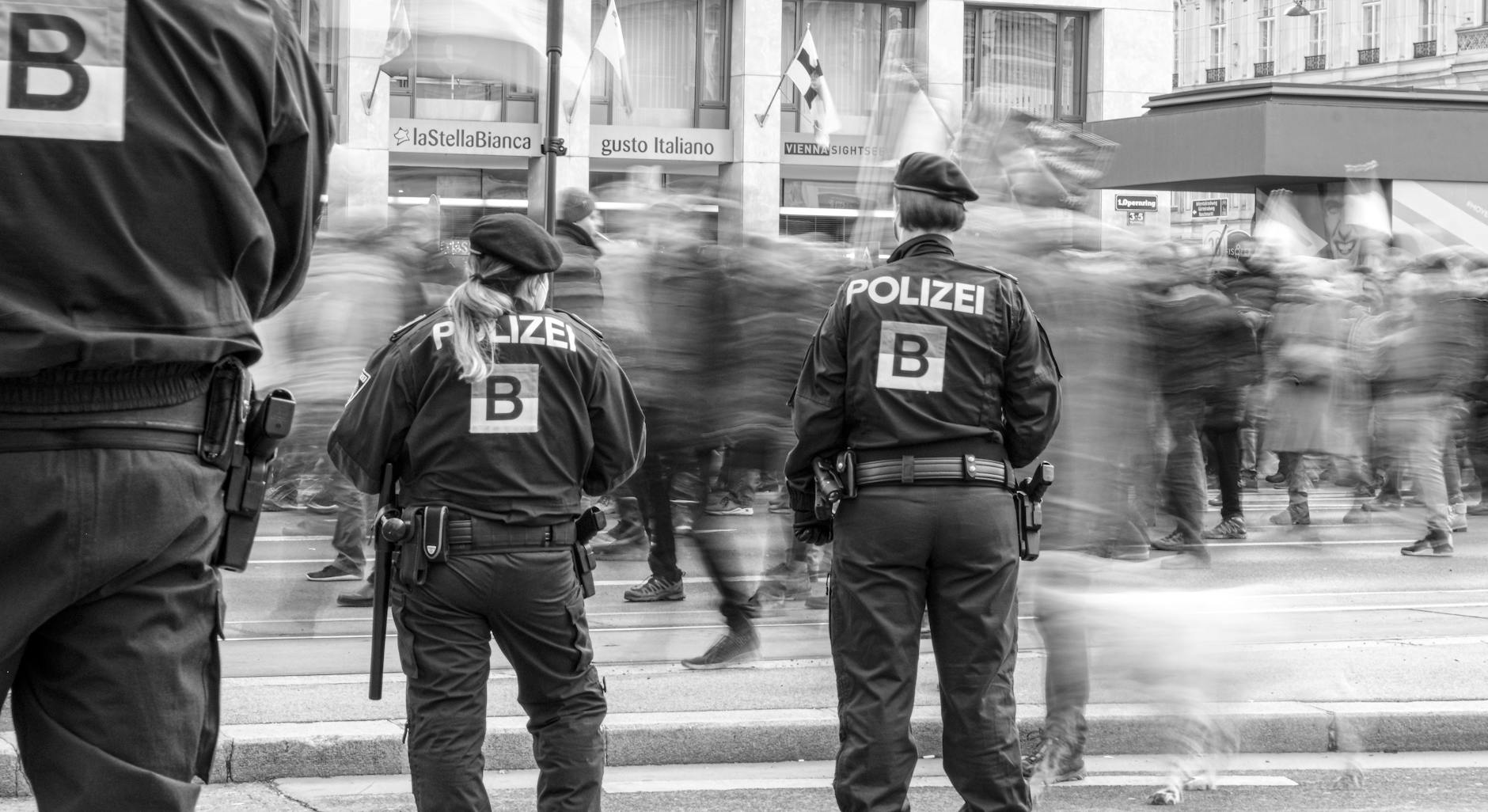Need a UK Check? Get Police BG Scoop!

Introduction
When applying for a job, visa, or residency in the United Kingdom, a police background check—commonly known as a Disclosure and Barring Service (DBS) check—is often a necessary step. It provides employers and authorities with information about an individual's criminal history, ensuring safety and suitability for certain roles. This concise guide will walk you through the essential steps and requirements to obtain a UK police background check.
What is a UK Police Background Check?
A police background check in the UK is a document that outlines any criminal convictions, cautions, reprimands, or final warnings an individual may have. There are different types of DBS checks:
- Basic Disclosure: Shows unspent convictions per the Rehabilitation of Offenders Act 1974.
- Standard Disclosure: Shows both spent and unspent convictions, cautions, final warnings, and reprimands.
- Enhanced Disclosure: Includes the same information as the Standard plus any additional information held by local police considered relevant to the role.
- Enhanced with List Checks: Same as Enhanced, but includes a check of the DBS barred lists.
Step 1: Determine the Type of Check You Need
Depending on your role or reason for requiring a check, the level of background checks will vary.
- Basic Disclosure: Usually for personal use or for roles that don't require a higher level of check.
- Standard Disclosure: Typically required for jobs in law, accountancy, or other fields where a higher level of trust is essential.
- Enhanced Disclosure: Necessary for positions involving contact with children and vulnerable adults.
Step 2: Complete the Application Form
To get started, you will need to complete an application form. This could either be done through your employer if they are registered with the DBS, or through a third-party company. The form will require your full name, date of birth, address history, and other personal details.
Step 3: Provide Necessary Documents
You'll be required to provide documents that prove your identity and address. This usually includes:
- A passport or driving license for proof of identity.
- Utility bills or bank statements for proof of address.
There is a full list of acceptable documents that can be found on the DBS or the UK government’s website.
Step 4: Submit and Pay for the Check
Applicants or employers must apply and pay the necessary fee. Fees can vary, and sometimes your employer might cover the cost if the check is necessary for the job.
Step 5: Wait for the Results
After submission, it can take anywhere from a few days to several weeks to receive the results, depending on the level of check and current processing times. Be sure to factor this time into your plans if you have upcoming deadlines for employment or visa applications.
Utility of the Police Background Check
The UK police background check is an essential document not only for those looking to work or live in the UK but also for employers who are legally responsible for ensuring their employees do not have a criminal history that would make them unsuitable for certain jobs, particularly those involving work with vulnerable groups.
Conclusion
Securing a UK police background check is a critical step in the application process for many roles. By carefully following the required steps and providing the necessary documentation, you can ensure a smooth process in obtaining your DBS check. Remember always to plan, as processing times can vary, and delays can impact your job start date or visa application.
For more comprehensive information, or to start an application, visit the DBS website or the UK government's official services portal at GOV UK.